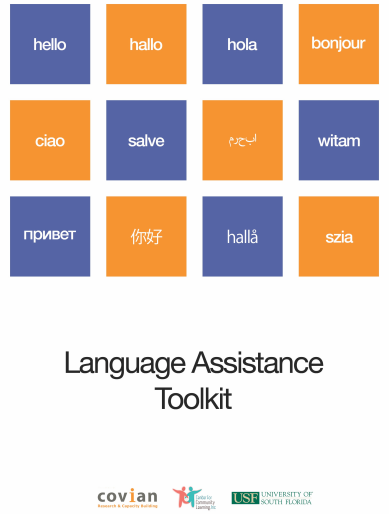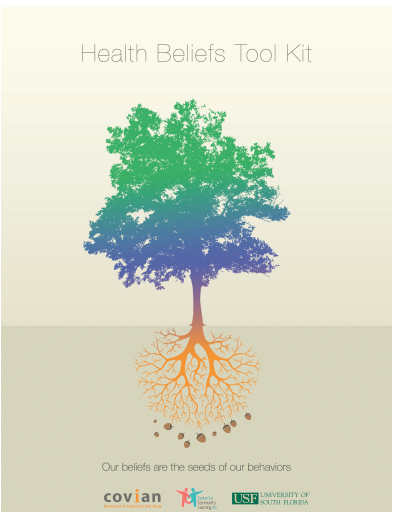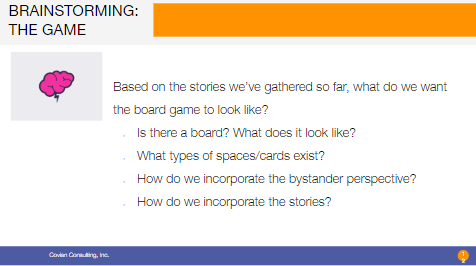
Covian was awarded a one-year grant the develop a board game for social change in Homestead, FL targeting youth sexual violence. Covian is currently facilitating development meetings with key partner organizations and youth in the community, and will be pilot-testing the game in early 2020. The game has four central goals, which are
- raise awareness and facilitate dialogue on reporting sexual violence risk from a bystander perspective;
- encourage role-taking where adults are able to take on the role of youth who may have witnessed sexual violence;
- empower youth to develop potential scenarios where they may have witnessed different types of risks for sexual violence
- establish a public-private partnership with representatives of community-based organizations, youth, and law enforcement in Homestead to collaboratively develop game scenarios.
Covian Consulting, Inc. was awarded a 5-year contract to evaluate refugees’ self-sufficiency and acculturation. Refugees residing in Orange, Osceola, and Seminole counties of Central Florida were interviewed for this study. A sample of 798 participants was drawn from a population of 2568 individuals. Participants were invited to participate in a 120 question survey via telephone in five different languages. Data analysis consisted of performing descriptive statistics, cross tabulations, non-parametric test statistics, and advanced regressions (structural equation modeling).
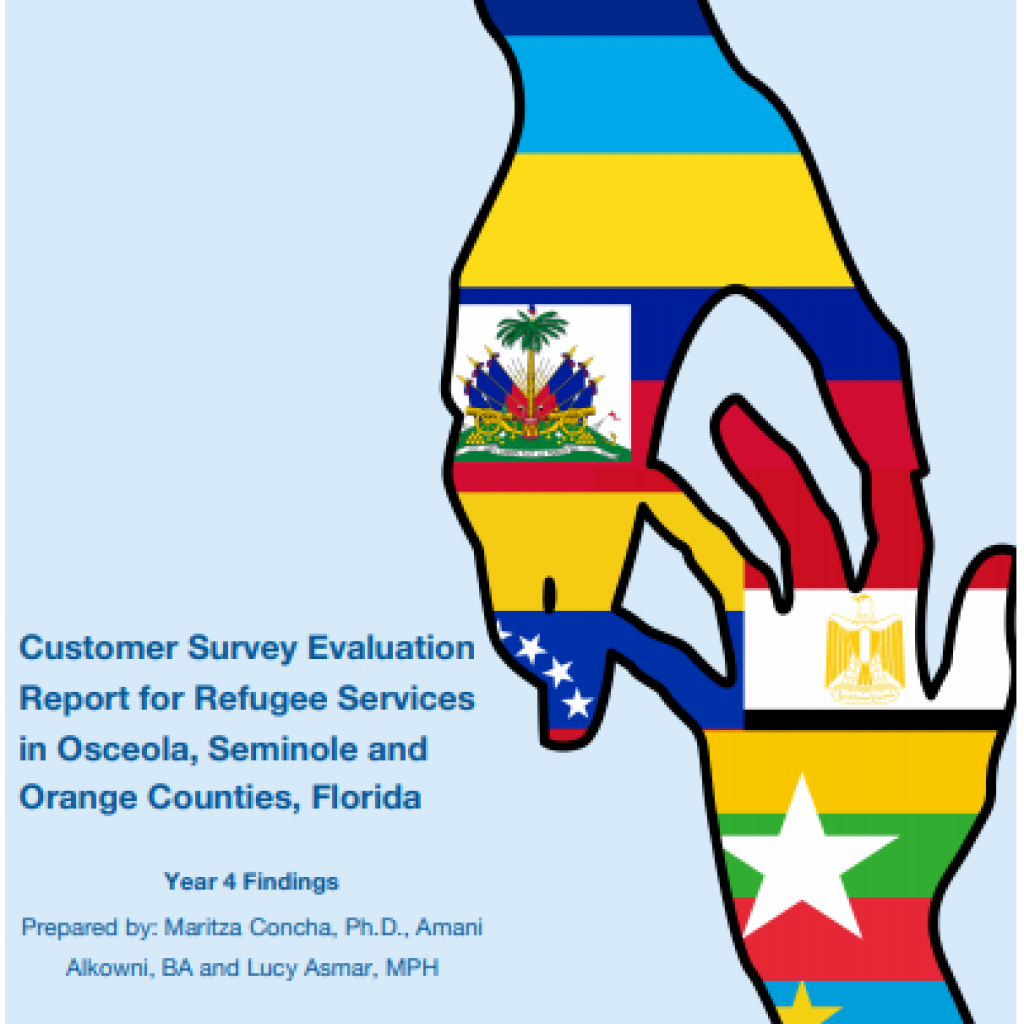
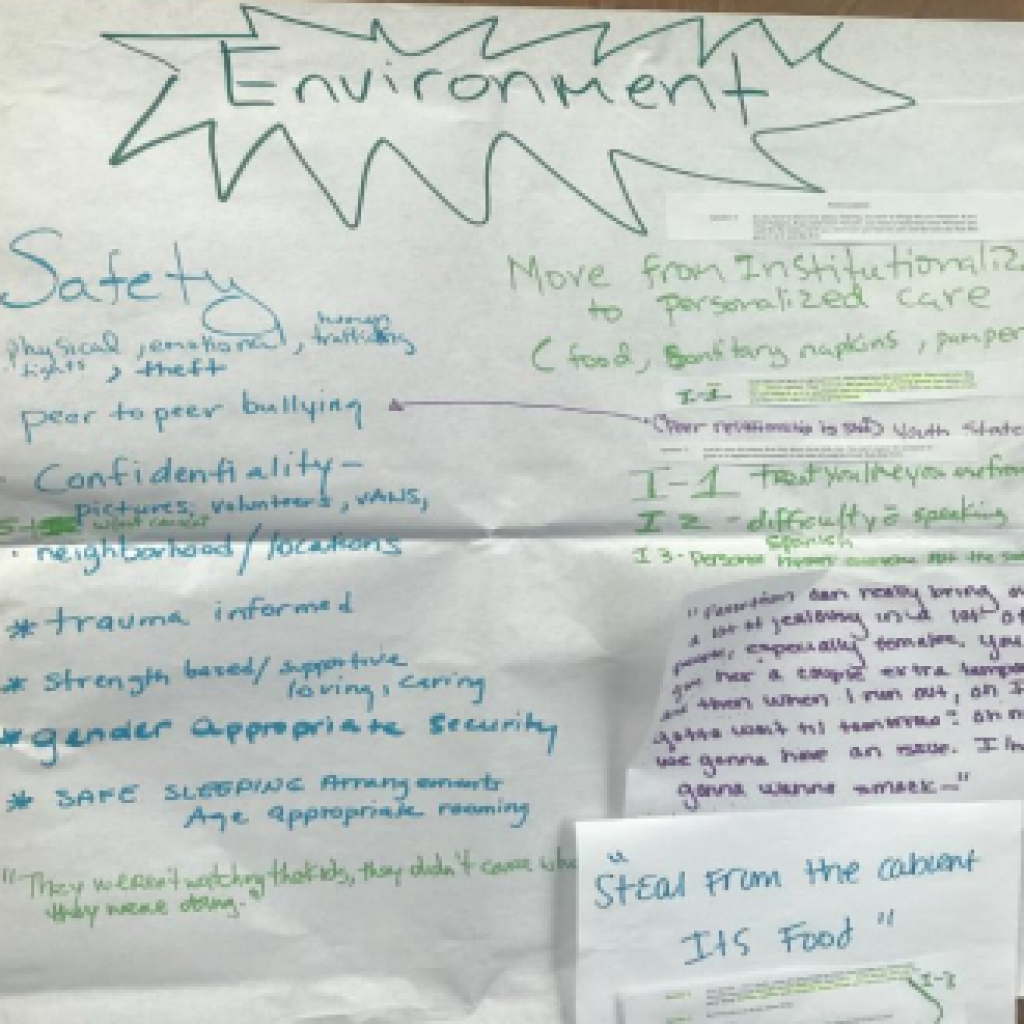
Covian facilitated youth-adult partnerships to collect data through focus groups and/or interviews in order to identify major themes in their participants’ experiences. This resulted in several research products that were disseminated to improve youth experiences in the areas of child welfare, juvenile justice, and behavioral health. Overall, this pilot study highlights the importance of incorporating the CPAR process to reduce racial and ethnic disparities, as well as social injustices.
Covian conducted five focus groups before an abortion campaign targeting the Latinx community was launched and five focus groups after in both the control and intervention sites. The purpose of this report was to provide findings of three focus groups from the campaign’s intervention sites (Miami, Homestead, and Orlando) which were facilitated in December 2017. Findings demonstrated perceptions about the campaign, its preliminary impact and identifies areas for recommendations. After the focus groups were transcribed verbatim, three researchers were involved in the content analysis to find broad categories of repeated themes as well as rare ones, generating summaries of content patterns from the participants. For the qualitative analysis, researchers used common analysis methodology that increased reliability by ensuring concurrence on emerging themes.
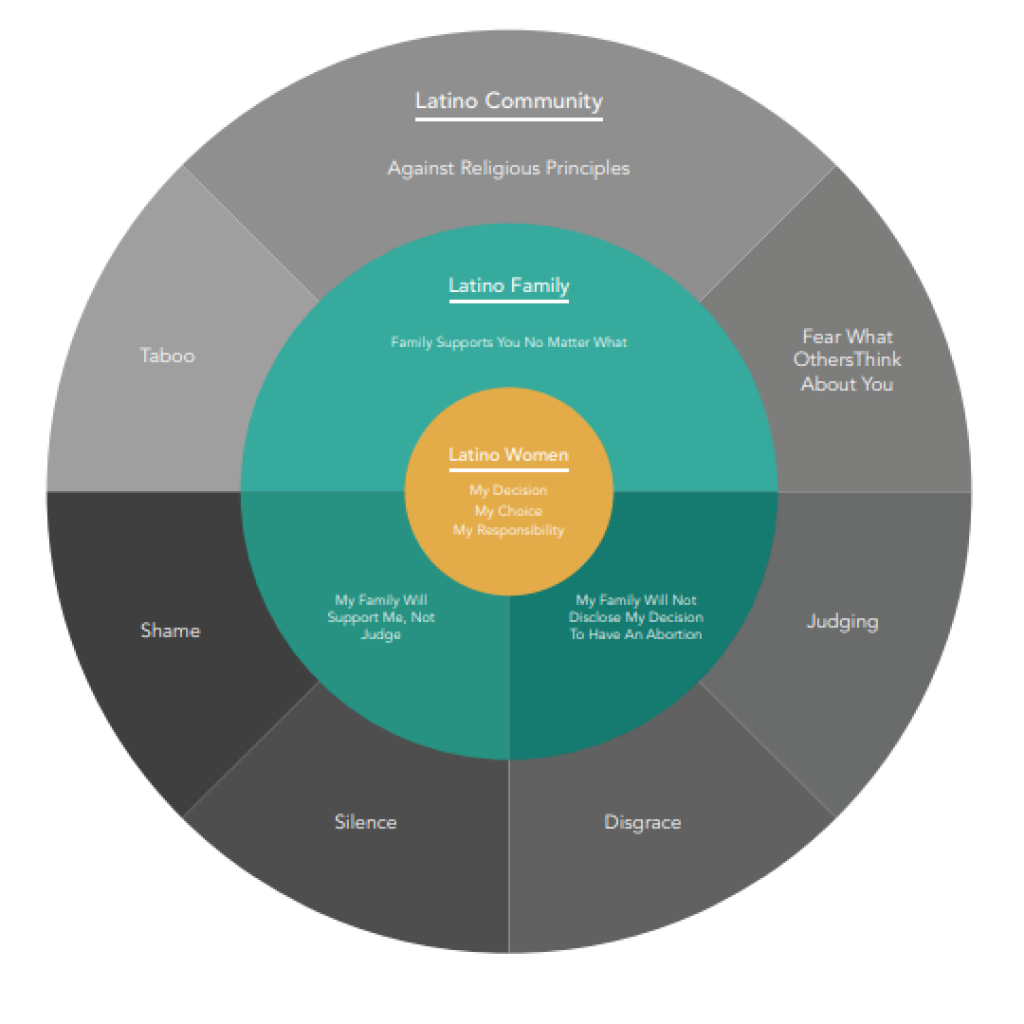
Covian has co-authored two toolkits that address different aspects in implementing Culturally and Linguistically Appropriate Service (CLAS) Standards when providing behavioral health services. These toolkits provide behavioral health agencies and their partners a guide to taking the individual and family cultural perspective when delivering BH, as well as a practical approach to addressing language proficiency, multilingualism, and the cultural aspects of language that can impact health disparities.
